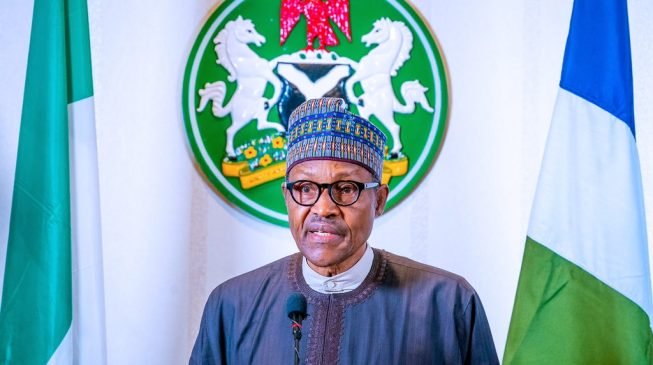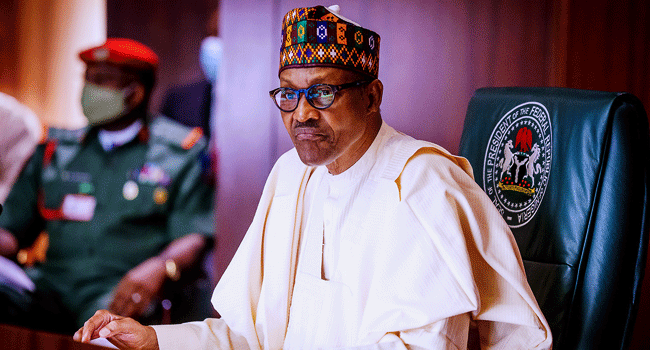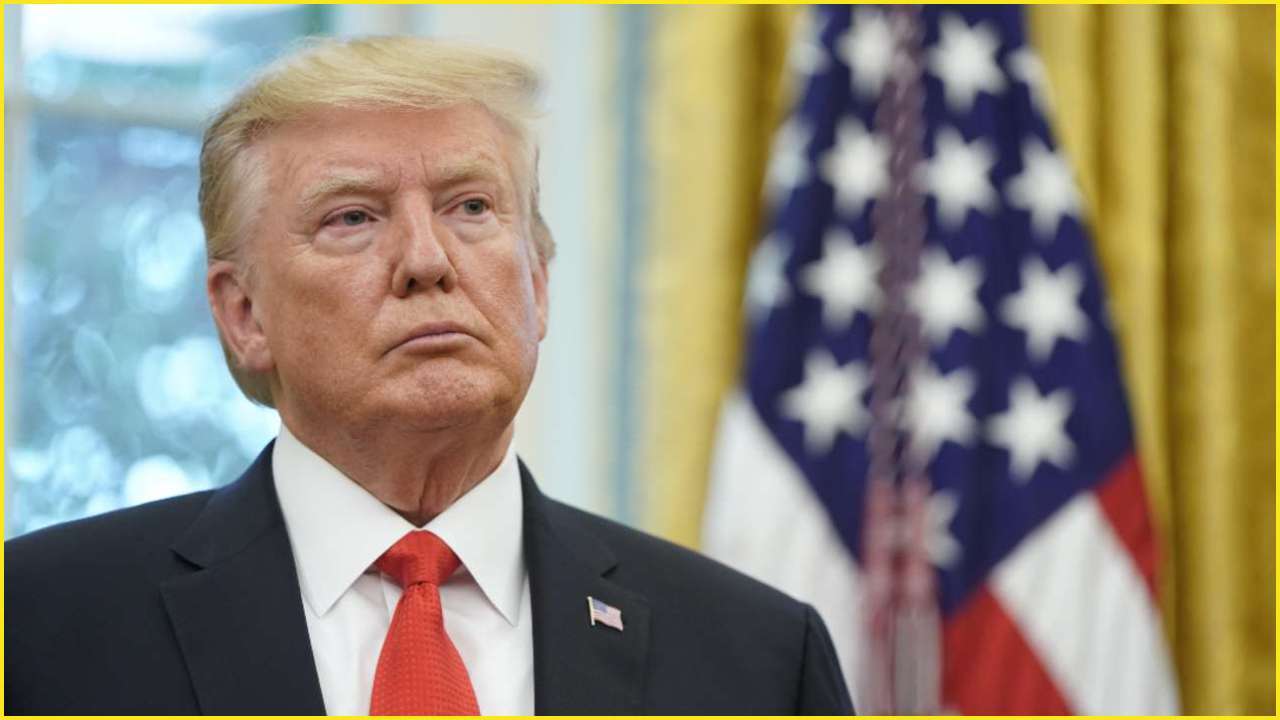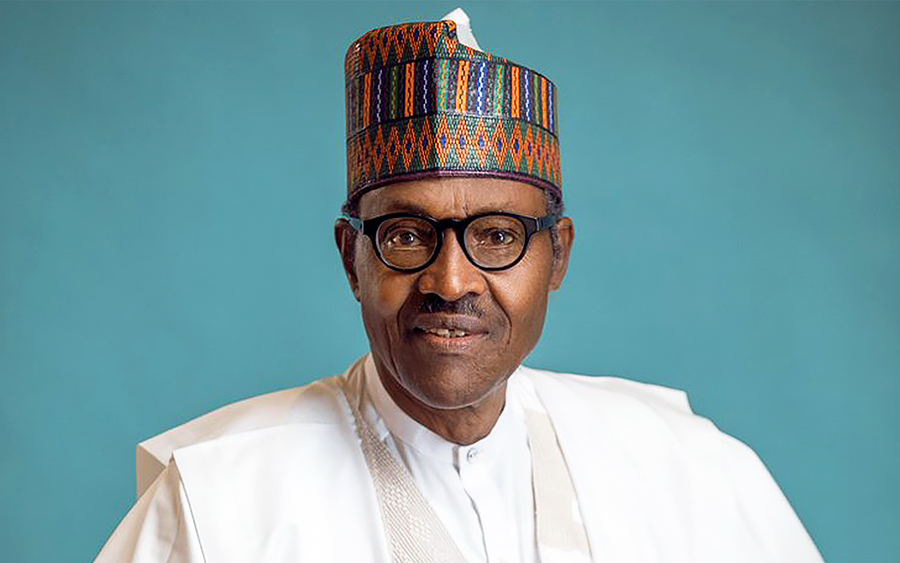[Covid-19: My lockdown diary] Day 1: A ghostly spectacle after unusual Sunday worship

By Theophilus Abbah
President Muhammadu Buhari’s much-delayed and anxiously-awaited authoritative speech on Covid-19, delivered on Sunday, March 29, locked down Abuja, Lagos and Ogun from Monday, March 30. That’s for millions who wake up at sunrise and retire to bed at sunset in these cities. But as for me and the multitude to whom the ritual of filing and marching to worship centres in columns, like ants, every Sunday was life, the government (or is it Covid-19?) had slammed the gate of freedom in our faces twenty-four hours earlier. This is because social distancing, a precautionary measure, had translated into closure of churches and mosques in Nigeria. Effectively, my freedom was curtailed and I began to feel the deprivation of ‘lockdown’ from that Sunday.
Having endured a hazardous Saturday night of mosquito bites, sticky sweats and bleary eyes from blackout, I had slumbered into an unusual Sunday; a Sunday devoid of the communal, congregational worship.
As I sat in my book-busy library, poring over church manuals and scriptures, my little Shammah walked in at about 5.30am to stir the odd feeling that had matured in my mind.
“Daddy, how will today’s service look like, now that we’re not going to church,” he asked me.
“We’ll have our Sunday service in this house,” I replied.
Gazing at me, his probing eyes told me my son would not consider a Sunday service in our living room as sacred as congregating at a designated place of worship – as he used to know it. For the eight-year-old, not attending church service on a Sunday morning was sacrilegious. Every dawn, as he grew up, Shammah bathed at 5.00am; dressed up before 6.00am; hopped into his mother’s car at 6.15am; endured his mother’s high-speed ride to beat the 6.30am deadline for prayer band meeting; and at 8.00am joined his friends in the children section of our church for worship service and other free gifts like biscuits, birthday cakes, juicy drinks, jokes, and the fun of showing off their new dresses. Since birth he had not consciously skipped this weekly culture. But he did on March 29.
I had to put on my creative cap to separate the Sunday worship service from our regular morning prayer session in my house. To the amazement of my children and wards, I insisted that everyone must wear ‘Church clothes,’ meaning they must wash up, choose from their best wears and conjure up the special emotion associated with veneration for God on Sunday. As members of the Redeemed Christian Church of God (RCCG) we assembled in my living room, tuned to Dove TV on DSTV at 8.00am for Sunday anointing service, Sunday School, praise and worship, and the sermon by Pastor E.A. Adeboye.
As we congregated around the tv, my mind raced back to the prophesy of John Alexander Dowie, a Nineteenth Century preacher for two relevant events. First, was his impactful healing ministry whose foundation was laid on a pandemic, like coronavirus, that had spread throughout Australia and sent thousands of persons back to the dust. He had lamented his ordeal as a pastor of a small church in Newton, a suburb of Sidney, saying: “My heart was very heavy, for I had been visiting the sick and dying beds of more than thirty in my flock, and I had cast the dust to its kindred dust into more than forty graves within a few weeks…” Then, he summoned soldierly faith and began to lay hands on the sick for divine healing from city to city and country to country. And they were healed. On a Sunday morning like this, coronavirus reminded me of his remarkable faith and feat that is indelible in church history.
Secondly, Dowie had, in the late Nineteenth Century prophesied the emergence of radio and television, a very remote possibility as at 1907 when he died. He may have foreseen that the audio and visual media would enhance evangelism across time and space. Over a hundred years after Dowie uttered that prophecy, television and radio came to the rescue of the church at a time of mysterious coronavirus pandemic.
Sitting through the Sunday service in my room, my imagination transported me to a larger congregation – a congregation larger than my parish – which constituted the millions of RCCG members hooked on to Dove tv for the Sunday service. Being part of the multitude captured in my imagination gave me a very special feeling as we formally closed the service.
However, the most remarkable and profound experience of that Sunday was the eerie, ghostly spectacle from churches in Italy, where I saw on the Cable News Network (CNN), reports showing thousands of coffins in rows in a Catholic cathedral, as priests performed funeral rites for mass burial. Unbelievably, coronavirus had claimed 10,000 lives! Indeed, ‘seeing is believing’. Though I had received daily updates of death tolls in Italy, the visual of corpses evoked a different feeling; it was a different experience.
Those columns of coffins in that cathedral belied the sophisticated medical facilities television screens highlighted every time news of how coronavirus pandemic ravaged Italy was aired by international news networks. With well-kitted medical personnel; everyone on the street of Italian cities wearing protective face masks and hand-gloves; and numerous hospital beds supported with state-of-the-art ventilators, the hundreds of corpses prepared for burial, which I saw on CNN, looked strange and ironic.
‘Italy may be under a curse,’ a part of me remarked. But listening to news broadcast on the deepening pandemic in the US which deflated President Trump’s confidence, making him to embrace the worst situation of some 200,000 deaths, and reports that British Prime Minister Boris Johnson, too, was coming to terms with the devil, I soon told myself that Italy was not under any curse. Italy, though fighting hard to loosen itself from the predicament, was, indeed, in the grip of a wild pandemic; a plague that does not discriminate between saints and sinners.
During my private prayer sessions, I had committed myself to regular intercession for Italy as a result of the hundreds of deaths announced daily since coronavirus spread like satanic fire all over that European country. ‘Lord, have mercy on Italy,’ I had prayed uncountable times. But the spectacle on Sunday March 29, gave me a different, ominous sense of the pandemic. To my prayer for Italy, I have added this appeal to the Divine Power – ‘Lord, let this deadly cup pass over Nigeria.’
For the rest of that Sunday, I wondered if we, Third World countries in Africa, with our laughable medical infrastructure, would escape a worse, tragic and catastrophic predicament. With tertiary health institutions barely passing as consulting clinics; shortage of medical equipment and consumables; shortage of doctors; wrong, faulty and fraudulent diagnoses; mercantile attitude of proprietors of private hospitals; non-production of common/essential drugs; lack of motivation and weak morale among medical personnel; and endemic corruption in the medical sector, escaping this curse and woes of coronavirus would be by the skin of our teeth.
Usually, Sundays are my favourite days, as it provided me with the opportunity to socialize with those who wish me well; those who verbalise their love for me; and smile generously with me. At Sunday services, I joined (any) congregation to sing rapturous hymns or high praises which usually lift my spirit and soul from this earthly realm to heavenly realms where all impossibilities fade and dissolve into the eternal possibility in the name of Jesus. But the ominous caskets in Italian cathedrals stole my Sunday-Sunday elixir and tossed me into the dark palm of gloom. Those sights and scenes shattered to pieces all the myths about Africans not being vulnerable to coronavirus. I can’t accept that this death is whiter and lighter than black.

At about 7.00pm that evening, President Buhari made the lockdown speech. A great speech. But will it conquer the wild beast that has sneaked into Nigeria, wounding us from city to city? Without Covid-19 test kit to quicken detection, isolation and treatment, this beast would pounce on ignorant and vulnerable Nigerians – in their millions – and make the weeping and wailing in Italy a mere whimper.
May that never happen to us.
The Insight Report
Nigeria Coverage



